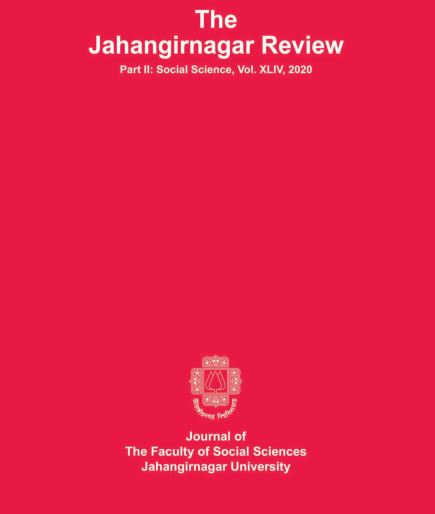Water Policy Improvement and IWRM Implementation Effectiveness in Bangladesh
Main Article Content
Abstract
Integrated Water Resources Management (IWRM) has been implemented to solve the water sector crisis in Bangladesh since the early 1990s. However, IWRM implementation is being undermined in various ways by environmental, developmental and administrative challenges. To reduce these challenges and increase the effectiveness of IWRM implementation, the Government of Bangladesh (GoB) has sought to ensure enabling environment. Following this, Water Act (2013) and National Water Policy (NWPo, 1999) is being formulated and implemented. For the convenience of discussion, Water Act is being considered as the latest water policy. Although water policy has been prepared for the betterment of the water sector in Bangladesh, the existing contradictions in water policy hinder its implementation. In this paper, Policy Network Analysis (PNA) has been used to explore how the existing inconsistencies in the water policy affect the policy implementation. Improving the water policy will reduce the existing contradictions and increase IWRM implementation effectiveness. Using document analysis and semi-structured interviews, this paper provides a comprehensive understanding of improving water policy to reduce existing inconsistencies for increasing the efficacy of upcoming water projects favouring IWRM implementation in Bangladesh. The findings show that the absence of vital water actors and flawed policy formulation is responsible for creating contradictions and inconsistency in water policy contradictions, which has increased due to more interdependency but lack of coordination and less cooperation. Thus, improving current policy through policy review may reduce the number of existing challenges, hence increases the IWRM implementation effectiveness. Necessary strategies and measures as per network management are recommended for enhancing water policy by resolving inconsistencies, then the future water projects under IWRM will have a positive benefit.

